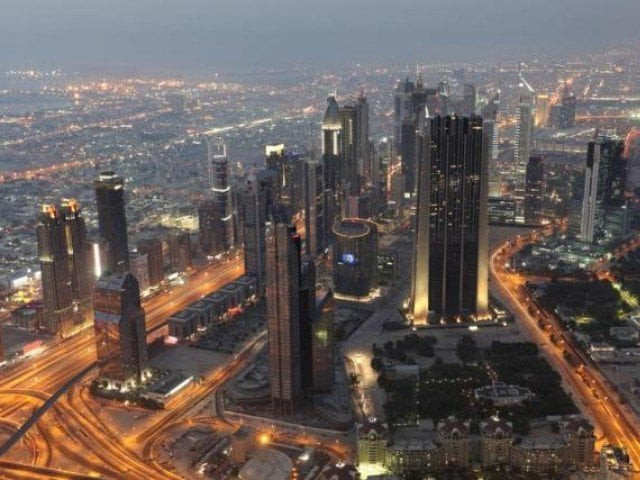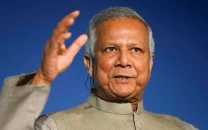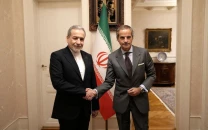Dubai developers race to lure buyers as downturn bites
Concerned authorities step in with incentives and regulations to revive the crucial sector

Dubai (PHOTO: AFP)
Property developers are slashing prices and offering ultra-easy financing to lure customers, while concerned authorities have stepped in with incentives and regulations to revive the crucial sector.
Ahead of the Expo 2020 global trade fair that Dubai hopes will deliver an economic windfall and some 300,000 new jobs, hundreds of mega projects have been unveiled in recent years, leading to an oversupply and a slide in prices.
The government rushed to rescue the sector in 2018 with a raft of measures including easy visa terms for expatriate buyers and permanent residence permits for big investors. This month, a top-level committee was established to rebalance the oversupplied market.
The Standard and Poor's rating agency has said the industry, which makes up 7.2 per cent of Dubai's economy, may not stabilise before 2021.
Man arrested for ‘showing off’ wealth in Dubai social media stunt
"Over a period of time, some correction will happen," exposing the strong and the weak in the industry, said P.N.C. Menon, chairman of Dubai-based multinational developer Sobha Group.
The process, which will leave only the strongest firms standing, is likely to last for another three or four years, Menon told AFP at an industry expo where his firm was showcasing its latest multi-billion-dollar project, an 8.0 million square feet beachfront development of luxurious apartments and high-end townhouses.
Like Sobha Group, dozens of local and international property firms taking part in this week's Cityscape Global event were offering unprecedented payment terms to drum up business.
Buyers are being asked to stump up as little as five per cent of the value of the property, down from 25 per cent in the boom times, and pay the rest over 10 years or more straight to the developer -- without the need for a bank mortgage.
In a sign of the desperation, developers are also offering to cover the costly 4.0 per cent municipality registration fee.
Property ownership in Dubai, which boasts the most diversified economy in the oil-rich Gulf region, is completely open to foreigners -- both residents and visitors, and for investment or residential purposes.
British-flagged tanker heads into Dubai port after Iran release
But real estate deals in Dubai plunged 21.5 per cent to $60.7 billion last year, according to government data.
Property prices and rents have been on the decline since mid-2014, shedding around a third of their value.
"As far as downward trends go, this one has lasted far longer than most, and far longer than most of us expected," Lukman Hajje of research firm Property Finder said in a research paper.
"With the amount of property still being launched, under construction, and being handed over -- it's unlikely that we have seen the bottom of the market just yet."
Dubai property prices dropped by 5.8 per cent in the second quarter of 2019, falling for the 11th quarter in a row according to central bank data.
Despite the glut, last year some 22,000 new units were completed in the emirate, according to consultancy JLL, the highest number of new properties to enter the market in the past five years.
JLL forecasts that up to 117,000 units could be added to Dubai's housing pool by 2020, putting further pressure on prices in a city where glitzy apartments line the coastline, and gated communities stretch back into the desert.
Dubai announces futuristic urban projects
The rising cost of living in Dubai, a city with a population of 3.3 million -- over 90 per cent of the expats -- is seen as a key element suppressing demand.
The city-state was ranked the 26th most expensive place in the world for expats to live in 2018 according to United States consultancy Mercer, second behind only Tel Aviv in the Middle East. In 2013 Dubai ranked 90th on the same survey.
Companies whose profits have taken a nosedive have taken to set up stands in the city's mega-malls to display their products and court customers, and some are pivoting from vast condos and villas to more affordable projects.
Raymond Khouzami, CEO of developer Al Thuriah Group, was at Cityscape to promote the firm's 47-storey tower of mostly small studios and one and two-bedroom apartments.
"We have to go with the market. We have to extend our payment plans and go through bank facilities and longer payment plans. We have to drop the prices as the market requires," Khouzami told AFP.


















COMMENTS
Comments are moderated and generally will be posted if they are on-topic and not abusive.
For more information, please see our Comments FAQ